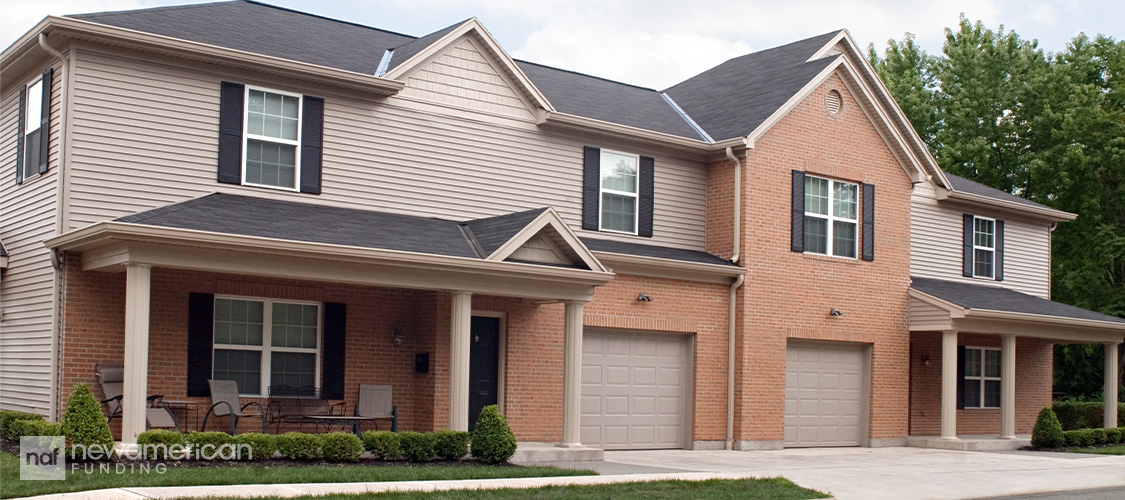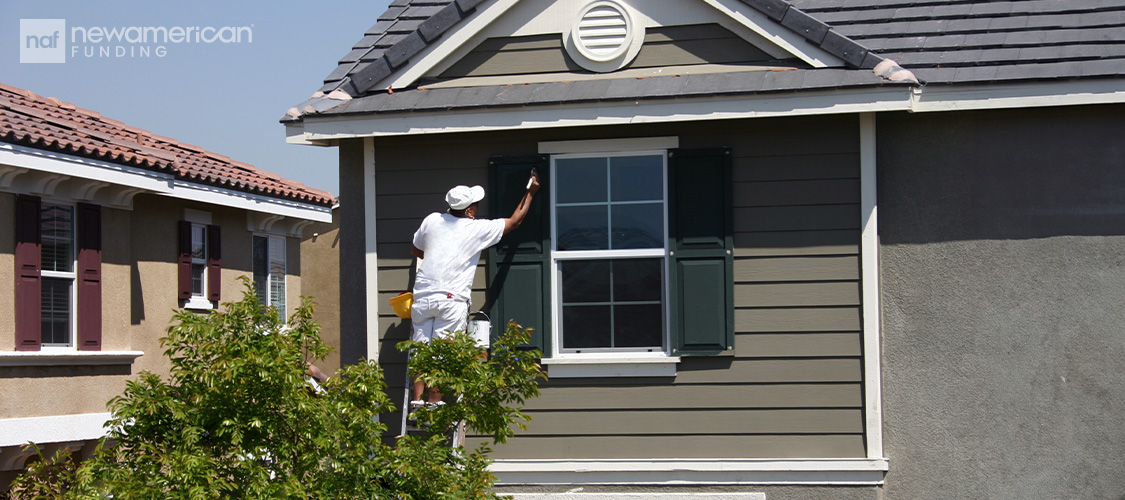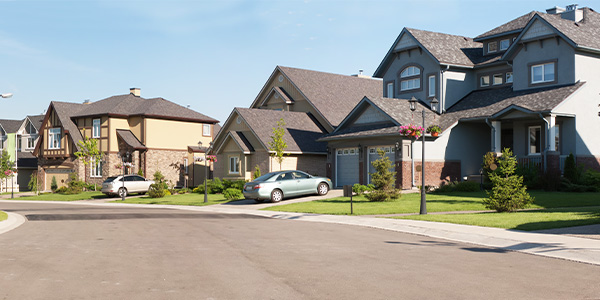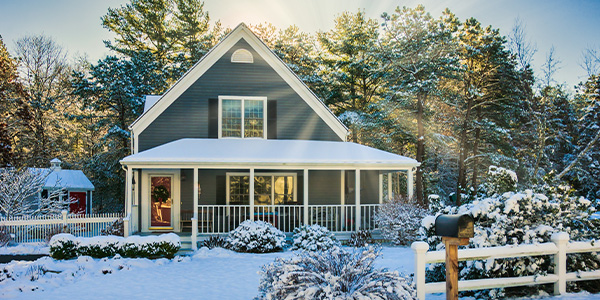Homebuyers
5 Tips Every Buyer Needs to Know Before Purchasing a Home in 2025
January 6, 2025
The housing market has been challenging over the last few years, with rising home prices, high mortgage rates, and a lack of homes for sale.
However, that’s beginning to change. Real estate experts predict that in 2025 home prices will stabilize, mortgage rates will dip, and more ‘For Sale’ signs will dot yards across the country. This should help to create new opportunities for homebuyers in the year ahead.
Here are five money-saving tips that anyone considering buying a home should know as they navigate the 2025 housing market.
1. Be ready to act when rates dip
Homebuyers should be ready to act when mortgage rates come down as even small drops can result in big savings.
Mortgage rates are expected to fall in 2025 as the U.S. Federal Reserve lowers interest rates. While the Fed’s rates and mortgage rates are separate, they typically move in the same direction.
Mortgage rates are expected to stabilize around 6% in 2025, according to the National Association of Realtors. That would be a drop from a high of 7.22% for 30-year, fixed-rate loans in the week ending May 2, 2024, according to Freddie Mac data.
Homebuyers who are waiting for rates to fall below 3% may be disappointed.
"We will most likely never see the 2% to 4% rates we saw a few years ago, just like we will probably never see house prices drop like they did in the [late] 2000s," said Ashley DeHart, a real estate agent based in Clovis, Calif.
However, once rates come down, those who purchased a home at a higher rate can refinance into a lower rate.
2. Think beyond the single-family home

For first-time buyers on a budget, purchasing a single-family home may help not be the only option.
Multi-family properties, like duplexes and triplexes, may be able to help buyers help offset their loan payments and build equity faster. That’s because you may be able to live in one unit while renting out the other.
The rental income may help you cover a significant portion of your mortgage. Later, when you're ready to upgrade, you could use the equity from the property to purchase a new home while keeping the first property as an income-generating investment.
"It will give them a way to offset their loan payment while gaining more equity,” said DeHart.
Buyers may also want to consider purchasing condos, manufactured homes, or tiny homes, which may be less expensive than single-family homes.
3. Explore down payment and loan options

Saving for a down payment is a major hurdle for many buyers. However, there may be resources available to help ease the burden.
Many down payment assistance programs offer financial assistance to help buyers make down payments and cover closing costs.
These programs are often available on the local, state, and federal levels. Grants don't require repayment, making them an especially attractive option for first-time buyers.
For those that find saving for a large down payment challenging, certain loan programs can help make homeownership more accessible.
Homebuyers using a U.S. Department of Veterans Affairs (VA) loan, created for active members of the military, veterans, and their families, or a U.S. Department of Agriculture (USDA) loan, for those purchasing eligible properties outside of cities, aren’t required to make a down payment.
Federal Housing Administration (FHA) loans are designed for those with limited savings. Buyers may be able to put down as little as 3.5% down.
These options provide flexibility for buyers who may otherwise find homeownership out of reach.
4. Negotiate with sellers

With more homes on the market, buyers in many markets are gaining more negotiating power. This is particularly true in the South, where there has been more new home construction.
If a home hasn’t received any offers, it may be worth asking the seller to come down on price, help to cover closing costs, or make repairs or updates. If the home needs work, you might be able to negotiate credits to help pay for the expense.
In new construction, builders may offer credits or incentives, such as upgrades or reduced fees, to attract buyers.
As the market shifts further from favoring sellers, buyers may have more room to make requests that work in their favor.
5. Know what to compromise on

The perfect home rarely exists, especially if you’re shopping with a budget. That’s why it’s important to distinguish between what you want in a home—and what you need in one. This way you’re ready to compromise.
Cosmetic issues like paint or flooring are easy to fix, but you can't change an inconvenient location and altering a problematic layout may be pricey. Instead of chasing perfection, think about the long-term potential of a home.
A fixer-upper might allow you to get into a better neighborhood—but be prepared for the time and costs involved in renovations.
By focusing on what truly matters—such as the community, square footage, and how you could transform a property—it’s possible to find a home that grows in value while meeting essential needs.







 Smart Moves Start Here.
Smart Moves Start Here.